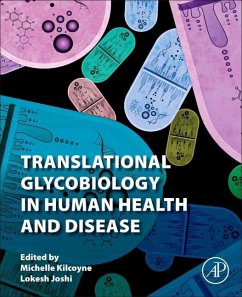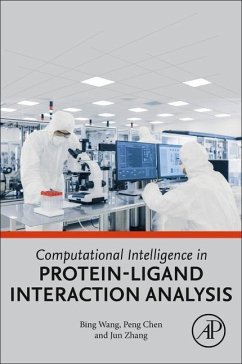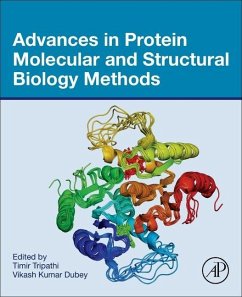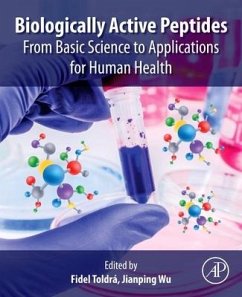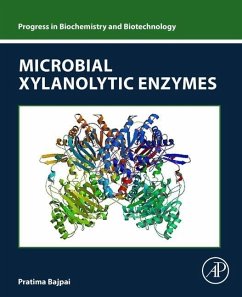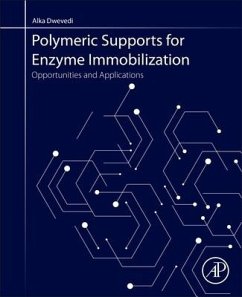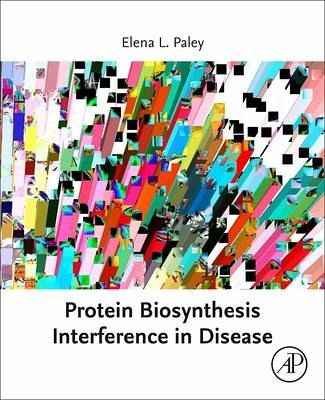
Protein Biosynthesis Interference in Disease

PAYBACK Punkte
68 °P sammeln!
Protein Biosynthesis Interference in Disease offers a thorough discussion and overview of protein biosynthesis interference, its mechanisms of action, and influence over disease processes. This book examines the role of protein biosynthesis interference in Alzheimer's and other neurodegenerative conditions, cancer and inflammatory disorders, with specific attention paid to the biochemical dynamics of tryptamine, biogenic amines and aminoacyl-tRNA synthetases in these pathologies. Methods of regulating protein translation and interference mechanisms, including gene therapy, are presented, empow...
Protein Biosynthesis Interference in Disease offers a thorough discussion and overview of protein biosynthesis interference, its mechanisms of action, and influence over disease processes. This book examines the role of protein biosynthesis interference in Alzheimer's and other neurodegenerative conditions, cancer and inflammatory disorders, with specific attention paid to the biochemical dynamics of tryptamine, biogenic amines and aminoacyl-tRNA synthetases in these pathologies. Methods of regulating protein translation and interference mechanisms, including gene therapy, are presented, empowering biochemists, molecular biologists, disease researchers, and health professionals to understand the underlying factors of protein disease and improve patient outcomes.




